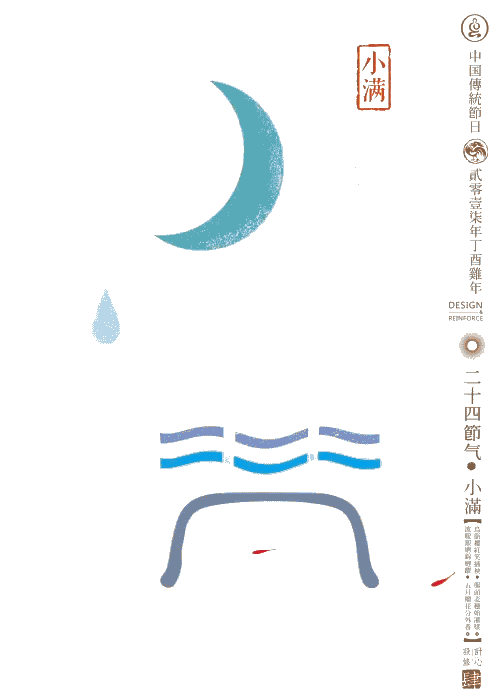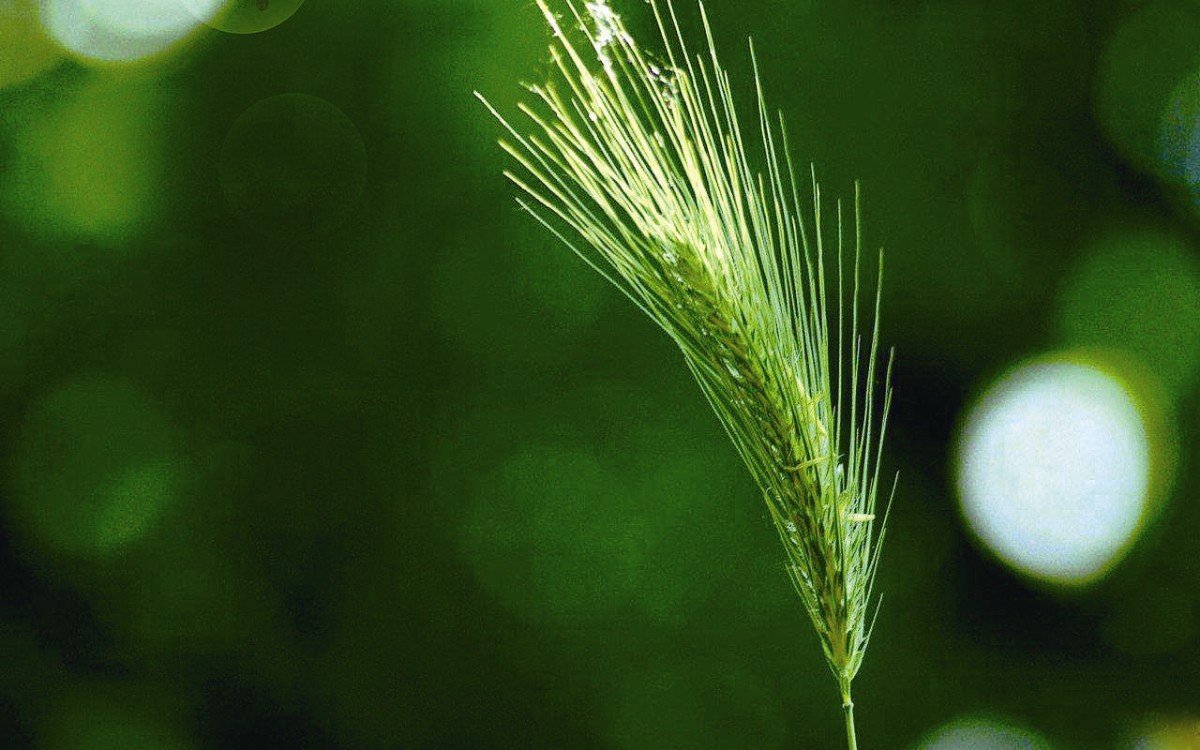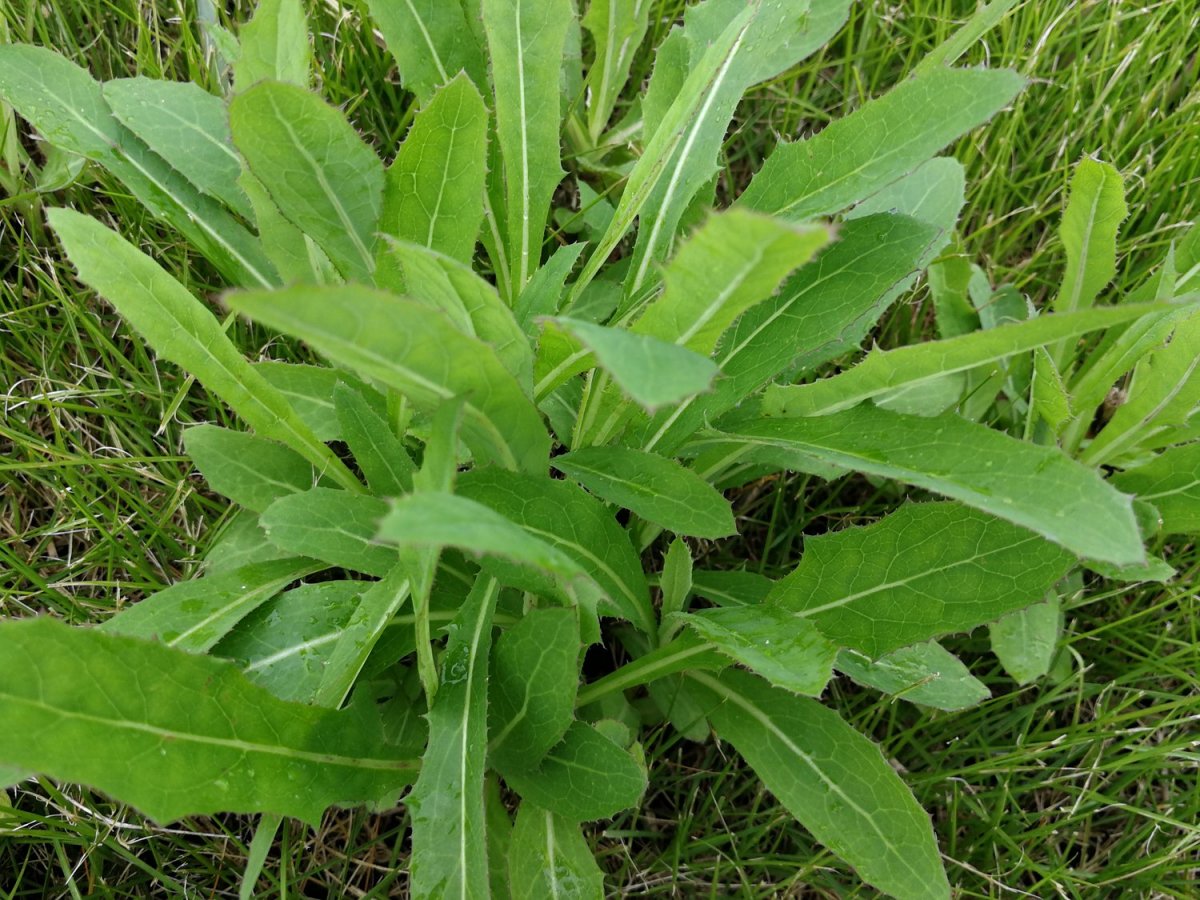
The traditional Chinese lunar calendar divides the year into 24 节气 jiéqì solar terms based on seasonal changes and natural phenomenon. They play an important role in guiding agricultural activities, even to this day. But even city-dwellers like us can enjoy them. Each solar term has its own associated customs, traditions, and even recipes. In Solar Terms 101, we delve into what makes each one special...
Name of the solar term: 小满 xiǎomǎn lit. "a little full"
Gregorian date: May 21 +/- a day (May 21, 2023)
What is xiaoman all about?

As the second summer solar term, xiaoman's name is perhaps one of the more obscure when it comes to China's ancient solar terms. Literally meaning "a little full," it's a time when we start observing small changes in the environment on account of the season: water levels will rise, as do the temperatures, helping crops such as wheat and rice become plump as their husks fill up with energy-rich starch. As such, this is one of the most important solar terms among the country's many hopeful farmers.
The common sowthistle grows, the shepherd's purse dies, and autumn wheat arrives

Just as with other solar terms, xiaoman is made up of three unique micro-seasons. In the first, a special weed called common sowthistle (苦菜 kǔ cài lit. "bitter vegetable") can be found growing in abundance throughout China's verdant fields. As with other bitter vegetables, when ingested, the leaves of the common sowthistle are believed to prevent inflammation in the body and reduce our inner yang, or fire element, which is at its highest during summer. In contrast to the thriving common sowthistle, delicate flowers and herbs (known as 靡草 mí cǎo, and thought specifically to refer to shepherd's purse) will begin to wilt and die in the direct heat of the sunlight. Even though weather-wise xiaoman marks just the beginning of summer, it represents the autumn or harvest season, given that wheat is at its most ripe.
Paying respect to water wheels and silkworms
Water wheels have been utilized in agricultural irrigation for many centuries in China, and xiaoman was the occasion that villagers used to celebrate the tireless work done by these wooden giants. To do so, villagers would gather around their water wheels at dawn and share snacks made from wheat until the official ceremony began. At the sound of a gong and a drum, the people would then climb onto the wheels and peddle backward, diverting the water into the fields. This invariably would turn into a competition among some villages to see who could irrigate their fields fastest. Farmers would also make small offerings to the Wheel God such as fish and incense, as well as pour a cup of water into their fields in the hopes of staving off a drought in the following year.
While the men were busy splashing around, women would undertake the altogether more serious task of celebrating the birth of the Silkworm Goddess whose birthday happened to land on xiaoman. Given that the majority of women would make a living – not to mention dress themselves and their families – by weaving silk, the silkworm was considered a creature ordained from heaven. In some regions, silk reelers would also visit temples to offer their tributes to the Silkworm Goddess, usually in the form of fruit, liquor, and a type of snack made from flour that resembles a cocoon.
What to eat for xiaoman

Maybe because they were so preoccupied with harvesting during this period, not many records exist about what the ancient Chinese would eat during xiaoman. The one exception is of course the aforementioned common sowthistle, or bitter vegetable. If you'd like to try making your own, give the leaves a quick boil before draining and mixing them with plum sauce, light soy sauce, and finish with a sprinkle of sesame and chopped scallions. The balance between sweet, sour, and bitter makes this dish a healthy appetizer throughout summer and gives us a chance to 忆苦思甜 yì kǔ sī tián – appreciate what we have today.
Read: Mandarin Monday: The Best News Apps to Help You Learn Chinese

